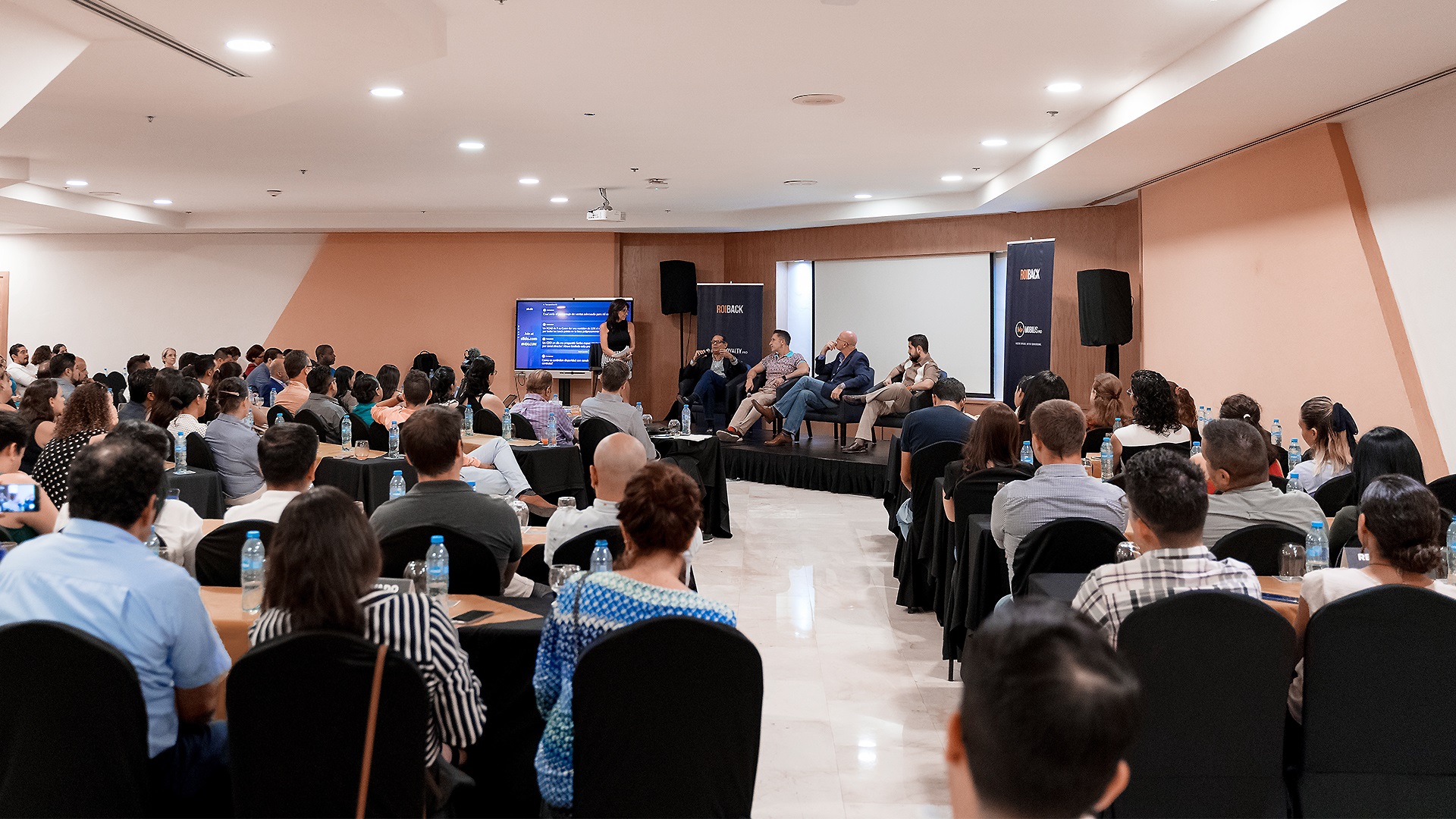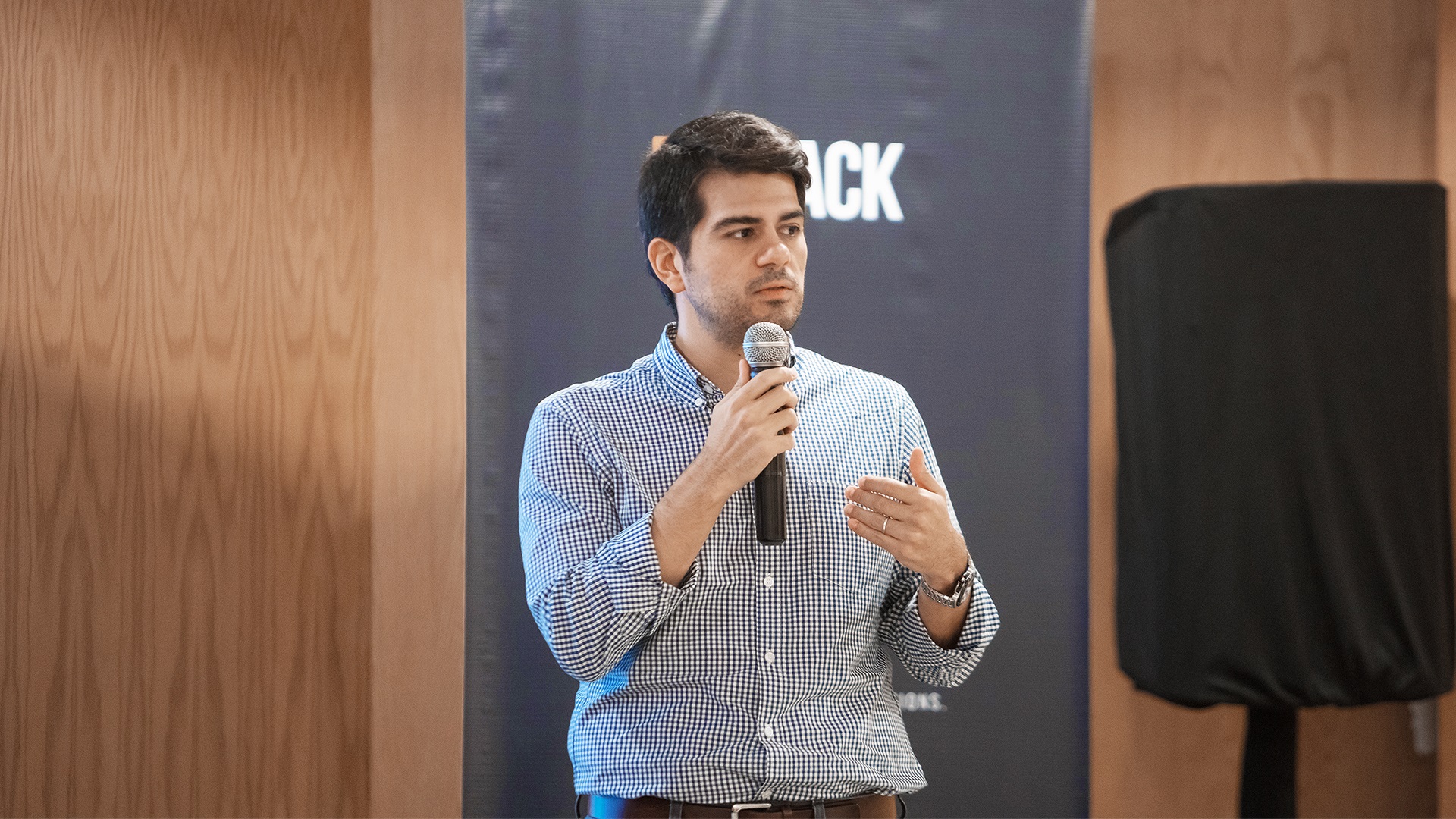Roiback: 50% of mobile searches to come through voice tech by 2020
Contributors are not employed, compensated or governed by TDM, opinions and statements are from the contributor directly
 The increase in mobile traffic and the importance of meta-searchers are some of the challenges that the hotel industry must face in order to enhance its direct channel and be able to respond to an always connected user.
The increase in mobile traffic and the importance of meta-searchers are some of the challenges that the hotel industry must face in order to enhance its direct channel and be able to respond to an always connected user.
This was all revealed at an event held at The Pyramid Grand Hotel in Cancun (Mexico) and organized by Roiback, specialist the management of hotel direct sales, together with Google and industry representatives, such as Atelier de Hoteles, Tafer Hotels & Resorts, Axovia and Odentio.

The event, which brought together more than 100 attendees from mainly hotels and companies in the tourism sector in Mexico and Latin America, started with the presentation of Fernando Cotera, strategic partner manager at Google, who carried out analysis on how the ecosystem is changing and the impact on hoteliers said: “The consumer is curious, demanding and impatient: only 1 in 4 travellers will book with a brand that has a slow website through mobile and 92% of travellers who use mobile will switch to another site or app if it does not meet their needs”.
Cotera went on to add: “Every second of delay in the loading time means 7% less in the conversion rate, so we work hand in hand with Roiback to ensure a better mobile channel experience.”
“20% of mobile searches come through voice searches”
Toni Omañas, head of global sales at Roiback, emphasised that only through innovation and technology will the sector be able to face the current context, with the OTAs dominating the market and the important weight of the mobile channel and meta-searchers. “You (hoteliers) already have at your disposal the same technology as the OTAs and you have access to the same knowledge with the advantage that you are at the destination and you manage the business that they commercialise.”
Omañas also pointed out: “Currently 20% of mobile searches come through voice searches and it is expected that by 2020, in the United States, this percentage will reach 50%.”


Comments are closed.